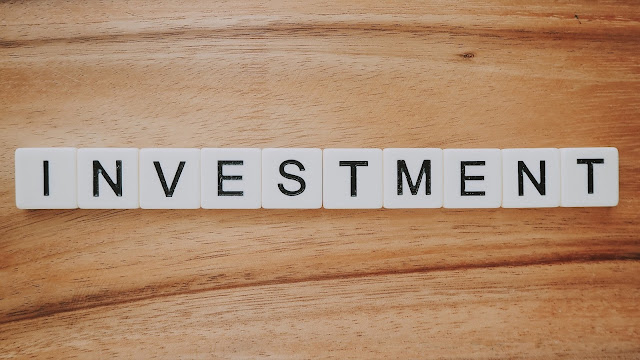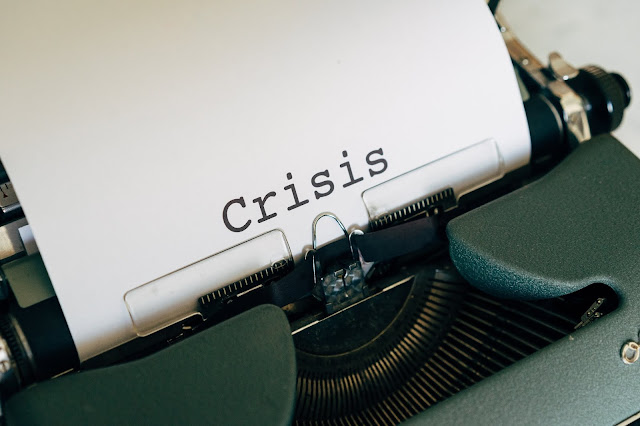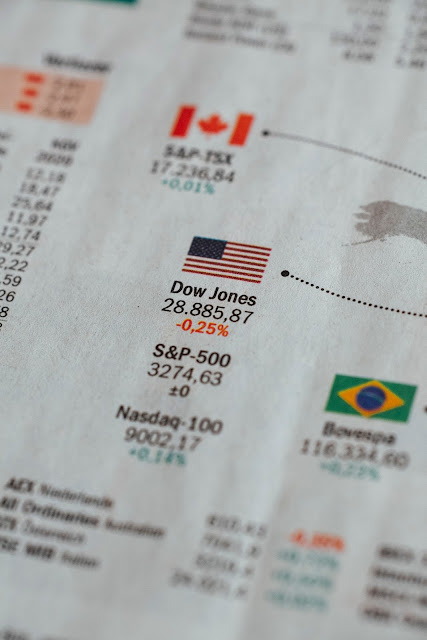
According to the results of a new survey of individual investors released on Wednesday, 4,444 American investors expect the return on investment this year to be higher than the inflation rate of 17.3%, while the 2020 report The average rate of yield is 16.5%.
In the United States, investors emerged from the pandemic and their long-term return expectations were 61% higher than before the outbreak. However, the survey revealed that there is a disconnect between investors' high expectations and their financial fears, depending on how many people have experienced the pandemic and its impact on their health, finances, and emotional well-being.
Survey also found that for many investors, their experience during the pandemic provided important lessons for basic spending, saving, planning, and investing. As part of a larger global survey of 8,550 individual investors in 24 countries in March and April, 4,444 Natixis surveyed 750 investors with investible assets of at least $ 100,000 in US households.
The of results the Optimistic Investors
Surveys show that the majority of US respondents escaped the pandemic relatively unscathed. 56% of the reports had no negative economic or health impact.

Overall, 8% of people said they were infected with the coronavirus, and only 14% reported any loss of family income, well below the world average of 25%. In addition, among all the countries Natixis surveyed, US investors have the highest return on investment in 2020.
When asked about their feelings about financial security during the pandemic, 79% of US investors said they were they felt lucky, 76% were resilient and 70% were confident.
"While it is not the experience of all Americans, the US investors we surveyed performed better in terms of employment, income and return on investment during the pandemic than investors in almost all other countries," said the US CEO. of Natixis Investment Managers, David Giunta, in a statement.
"However, the long-tail physical, financial and fiscal impacts of the pandemic are profound and still evolving. This creates both risks and opportunities. The enormous challenges facing investors and those who advise them will be Positioning for success and staying resilient. ”
The impact of the pandemic on US investors

Natixis found that investors were emotionally complex during the pandemic depending on their circumstances. 43% said they feel pressured for their financial security. They feel vulnerable or even scared. 4,444 Of those surveyed who were infected with the virus, 49% said that at least other members of their household were also infected. According to Natixis, this emphasizes that COVID19 and its consequences are largely experienced as a family unit or family. The
The survey found that the health impact of the pandemic is closely related to the economic impact because 19% of families with one or more members infected with the virus suffered more economic losses than those that escaped the infection.
In general, Generations Y and X are twice as likely to be infected with the virus as baby boomers. However, although young people may be less susceptible to health risks, they are not immune to them.
28% of Generation X investors and 23% of Generation Y investors said the pandemic has hit them severely financially, compared to 11% of baby boomers.
The gap in expected returns widens
Not only has the expected return shot up after the pandemic, but the gap between investors' expectations of a long-term return of 17.5% and the average annual return of the 6.7% US. Financial Advisors Think Realistic Has also been expanded, Natixis cited The 2020 Global Financial Professional Survey.

This difference represents a 161% gap between investor and adviser expectations, which is larger than the 73% gap in 2019 when investors expected a rate of return 10.9% higher than inflation.
"In a major example of recent bias, many investors seem to believe that if their portfolio performs so well during the pandemic, they will perform better during the recovery period," Dave, CEO of Natixis Investor Insight Center Goodsell, said in the statement.
"However, investors must be emotionally prepared to bear the greater risks necessary to pursue excessive returns. When the market is turbulent and financial advisors are needed to help clients control their emotions and realistic expectations, the continued fear of loss will test the courage of investors. "
60% of customers stated that they are willing to take risks to succeed. 75% admit that it is normal for the market to fluctuate by 10%. According to reports, 68% believe that volatility can create opportunities to increase wealth.
However, face reality, 77% of investors, including 75% of Gen X investors and 79% of Gen Y investors, said they would choose the security of asset protection rather than investment performance
Before the economic recovery, they regard volatility as the greatest direct Investment problems are lower than expected, inflation and political failures. What is your biggest financial fear? Higher taxes put you ahead of health care costs and job security.
Learn from the pandemic
The pandemic has put pressure on the personal financial behavior of investors.

Overall, 58% of investors surveyed changed their investment accounts due to the pandemic, 33% of investors increased their business activities, 20% of investors invested more, and 16% of investors retired. The contribution of savings plans has increased.
Most of this activity is led by young investors. Natixis has noticed widespread reports that since the beginning of the pandemic, with the emergence of the phenomenon of meme shares, the popularity of intraday trading has risen sharply around the world.
However, while 63% of baby boomers say they have not changed their investment accounts, 82% of Gen Y and 75% of Gen X investors have, and about a quarter of them invested more funds.
Generation Y investors are more likely to increase online trading activities and open margin accounts. They are also more likely to say that, in hindsight, they understand the importance of weighing the tax consequences of investment decisions.
Comments
Post a Comment